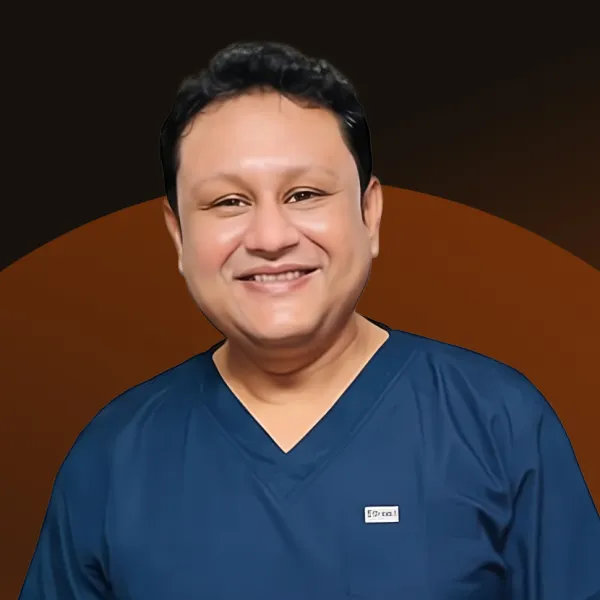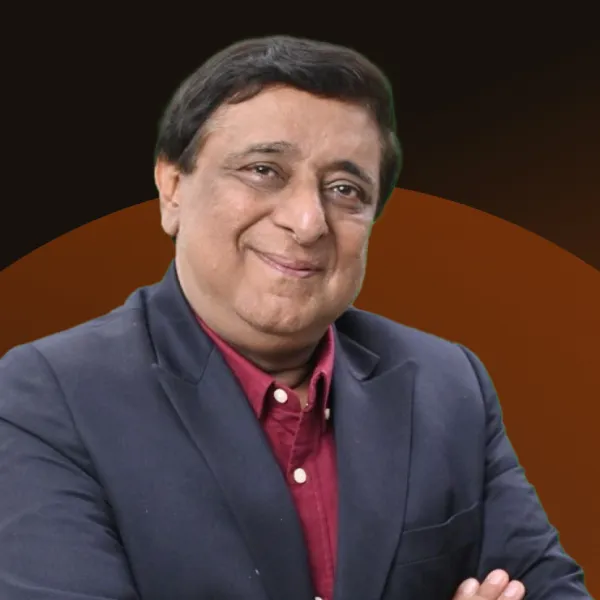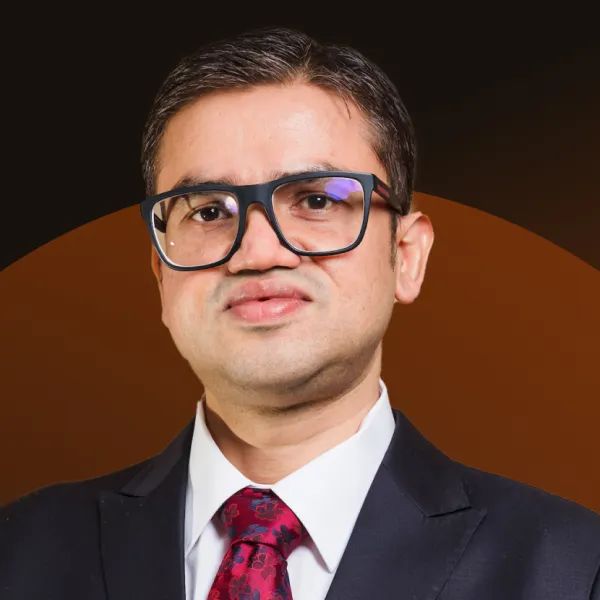India’s Struggle with Chronic Diseases: The Need for Early Detection & Tech-Driven Solution

The article is co-authored by Namit Chugh (Principal- W Health Ventures) & Tushar Sadhu (Senior Associate- W Health Ventures)
Chronic medical conditions are long-term illnesses that require medical care for a prolonged period. These also need a more holistic regime that combines pharmacotherapy, medical protocols, and sustained lifestyle changes to manage the condition better, making it more complex than acute conditions.
Common chronic conditions (by incidence) have been studied for longer in modern medical science and thus have a more scaled, affordable, and exhaustive set of solutions.
The most quintessential example is diabetes and hypertension with 80M diabetes in India (and 200M at-risk) and 1/3rd of Indians being hypertensives. The wide array of treatment options varies from metformin (INR 300 monthly dosage) to GLP1 therapy (INR 15000+ monthly dosage) depending on the severity of the individual patient.
The low incidence, rare chronic conditions have lesser awareness, lesser diagnosis, and thus limited medical experts in the country. Examples would be conditions such as multiple sclerosis, rheumatoid arthritis, and Crohn’s Disease (impacting a few million Indians each).
Unfortunately, all chronic conditions, common and rare, are poorly managed in India with the common characteristics:
Late Diagnosis Lead to Complications: Many conditions are detected late, leading to advanced disease states that are harder to manage. The average diabetic in India gets diagnosed with an alarmingly high 8.5+ HbA1c (should be ideally detected at 7). Average Crohn’s Disease patient is diagnosed ~5-7 years later and typically misdiagnosed multiple times.
Data Tracking Deficiencies: Inadequate systems for tracking continuous health data hinder effective decision-making and health outcomes for patients.
Tested against Western Benchmarks and Treated with Western Protocols: Most treatment guidelines are based on Western models, which may not suit Indian patients and can have a detrimental impact due to changes in dietary or societal preferences.
Limited Access to Latest Medicines and Protocols: The latest treatments are often unavailable in India, especially in non-urban areas. India is often a “Wave 4” market for global pharma giants leading to a delayed launch of innovative molecules and procedures in India. The latest “miracle weight loss drugs” GLP1s are yet to be launched in India despite their billion-dollar sales in the US and EU.
Improving chronic disease management offers a significant opportunity to enhance patient outcomes and create a sustainable revenue stream for healthcare providers, given the ongoing nature of the treatment.
Lack of medical access in India and the possibility of “templatizing” chronic conditions (vs acute) creates fertile ground for technology to revolutionize chronic disease management in India by offering innovative solutions:
Diabetes Management:
Digital Health Trackers for Diagnosis: Increased integration of biomarkers in daily wearables such as smartwatches and rings are pushing an entire generation of Indians to get tested earlier for diabetes.
Low-Cost Glucometers: Affordable devices for blood sugar monitoring help patients manage their condition effectively, improve clinical outcomes, and decrease long-term cost of care.
Pain Management:
Physiotherapy Apps: Digital platforms can augment doctors and physiotherapists with tailored care programs, enabling patients to manage pain from conditions such as arthritis and post-operative recovery from home, adhere to their care regime, and ultimately lead to better clinical outcomes.
Chronic Immunological Conditions:
Mobile-Based Coaching: Apps and content platforms can provide India-specific guidance for managing conditions such as rheumatoid arthritis (RA) and inflammatory bowel disease (IBD), improving patient adherence to treatment plans and lifestyle adjustments.
For instance, an average diabetes care journey involves connected smart watches and glucometers (or even CGMs) to evaluate their daily diet adherence and blood sugar variations throughout the day.
For more complex cases requiring injectable insulin therapy, phone apps provide training and even visual aids for injection site management.
Advanced insulin pumps are connected to CGMs for titrating daily doses of insulin which can all be simultaneously monitored by doctors and coaches. Doctors are using these readings to continue or change medicines with more confidence.
Coupled with great technology, the Ayushman Bharat Digital Mission (ABDM) is set to further disrupt chronic care management through the availability and democratic use of longitudinal data.
Stay tuned for more such updates on Digital Health News





























